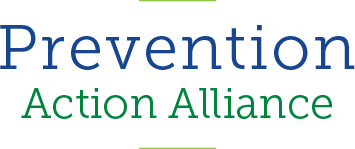
 The Importance of Person-First Language – Words Matter
The Importance of Person-First Language – Words Matter
Updated to reflect evolving language guidance (May 2025)
Substance misuse, substance use disorders (SUDs), and other addictions, such as gambling disorder, are chronic medical conditions. Yet, individuals experiencing these conditions are often met with stigma, blame, or assumptions rooted in outdated beliefs about personal failure or poor choices. These stigmas can create barriers to treatment, recovery, and overall well-being.
Our downloadable resource, created in 2017, explores the use of person-first language—a communication approach that puts the person before the condition, treating it as one aspect, not the whole person (e.g., “person with a substance use disorder”). This approach aims to reduce stigma, promote dignity, and foster more compassionate, effective care across the prevention, treatment, and recovery continuum.
While person-first language continues to be widely used and accepted, it’s important to acknowledge that language continues to evolve. Some individuals and communities now advocate for identity-first language to embrace aspects of themselves that they consider core to their identity. This shift is explored in more detail in a recent post from the National Institutes of Health, which you can read here.
We continue to support thoughtful, respectful language choices and recognize that there is no one-size-fits-all approach. Above all, PAA’s goal is to support language that affirms people’s dignity and reduces stigma wherever possible.
